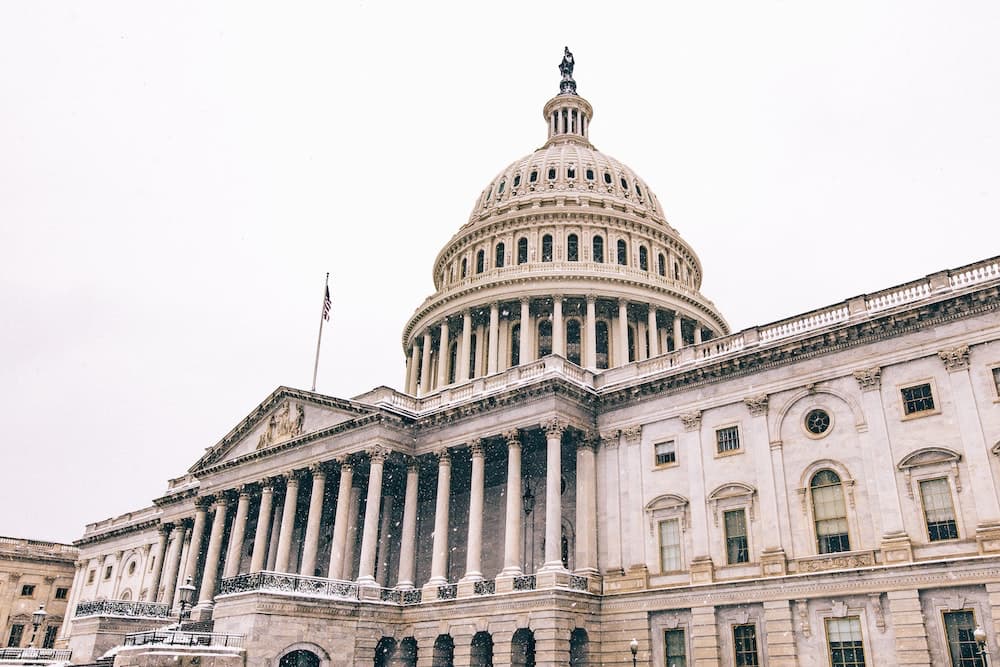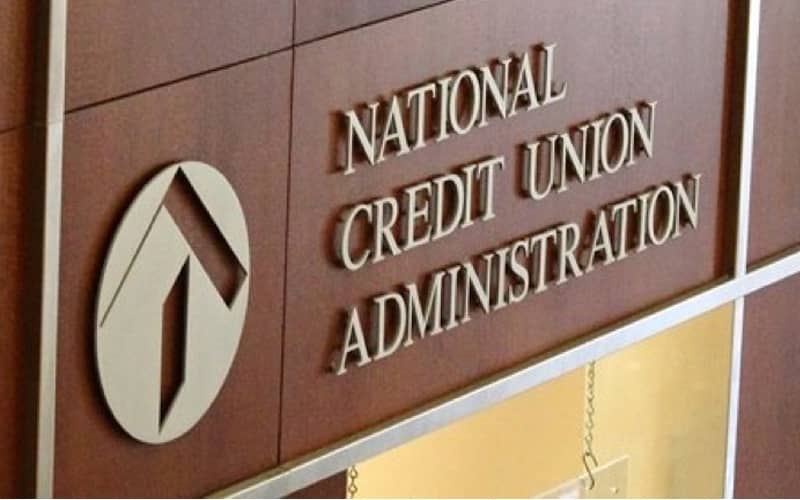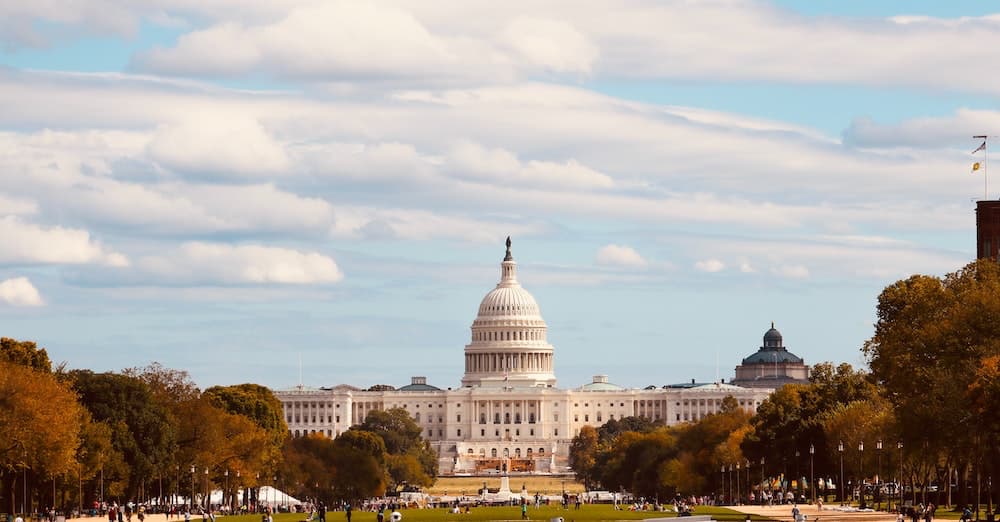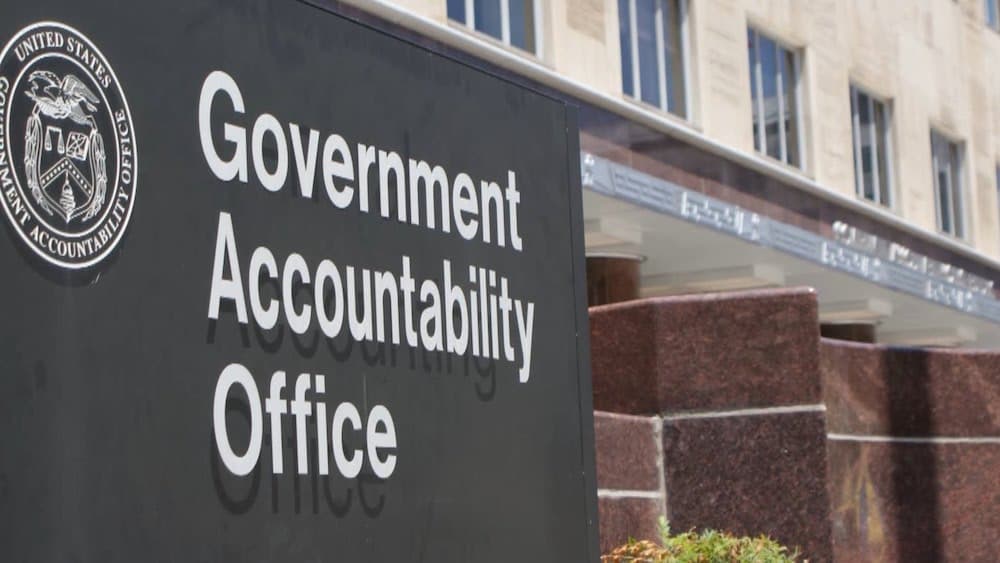Overdraft Bill Pulled from Markup; ILC ‘Loophole’ Closure Approved
CUNA and NAFCU express support as House Financial Services Committee removes overdraft bill from markup and approves closure of ILC 'loophole.' Learn why.


Table of contents
CUNA and NAFCU express support for both House Financial Services Committee decisions.
Credit union trade groups scored a victory last week, when the House Financial Services Committee pulled from a markup a bill that would regulate overdraft programs at credit unions and banks.
Financial services trade groups, including the Credit Union National Association (CUNA) and the National Association of Federally-Insured Credit Unions (NAFCU), had been outspoken in their opposition to the legislation.
The committee gave no explanation for the move and aides to Rep. Carolyn Maloney, D-N.Y., the bill’s sponsor, did not respond to a request for comment.
However, sources familiar with the committee’s work said that Maloney did not have the Democratic votes needed to approve the legislation and send it to the full House. Since Republicans had been expected to vote against the bill, those Democratic votes were needed to approve the legislation.
The move was so abrupt that House Financial Services Chairwoman Rep. Maxine Waters, D-Calif., included the bill in the list of legislation in her opening statement when the markup began on Wednesday.
Waters said the bill, H.R. 4277, would protect consumers from “exorbitant” overdraft fees.
What Does the Legislation Entail?
The legislation would limit the number of overdraft fees a financial institution would be permitted to charge on a monthly and annual basis. It also would prevent financial institutions from re-ordering transactions to increase overdraft fees and codify the rule requiring financial institutions to provide consumers with an opportunity to opt in to overdraft coverage.
In a memo prepared for the hearing, committee Democratic staff noted that the Consumer Financial Protection Bureau has launched an investigation into overdraft fees. At the same time, some credit unions and banks have eliminated or adjusted their overdraft programs.
“However, many banks have failed to make similar changes, and nothing prevents banks from simply reversing these changes at any time,” the committee staff said.
Response From Credit Union Groups
In opposing the legislation, credit union trade groups said last week—before the markup began—that credit unions do not have aggressive overdraft programs, as some banks do.
“Because overdraft programs at credit unions are specifically designed with the credit union’s membership in mind, there is substantial diversity in program features,” CUNA President/CEO Jim Nussle wrote in a letter to committee members. “For example, credit unions have established programs linking accounts, overdraft lines of credit, courtesy pay programs, and others.”
He called the notion that banning overdraft programs would help consumers “misguided and, ultimately, calls for such a ban ignore the fact that temporary financial shortfalls will still exist so long as ‘the unexpected’ can still be an expected part of life.”

Nussle also urged recognition of the difference between credit unions and banks when considering legislation that would limit overdraft fees, noting a recent report by the Filene Research Institute showed overdraft charges were lower at credit unions than they were at banks.
He added that research revealed the credit unions studied had overdraft fees between $25 and $32, while banks had fees between $29 and $35.
Recent changes in overdraft programs reflect a healthy competition in the financial services industry, he said, adding, “It is not yet clear how these changes will impact the current financial landscape, or how they may factor into longer-term consumer preferences when it comes to banking, but it is a market-driven trend worth paying attention to.”
In his letter to the committee last week, NAFCU Vice President of Legislative Affairs Brad Thaler said eliminating overdraft programs would have a negative impact on borrowers.
“It is inappropriate to intervene in a market where forces are already leading many credit unions and other financial institutions to reduce, limit, or eliminate overdraft and non-sufficient funds (NSF) fees,” he stated.

Credit union members who choose to use overdraft programs do so willingly and with full disclosure of the program’s costs, Thaler wrote, explaining that, “NAFCU believes that the best option for policymakers is to let the market for these programs evolve without artificial government intervention to stymie consumer choice.”
It is not clear if or when the committee might consider the legislation, and it is unlikely such a controversial measure would pass the Senate this year.
ILC Regulation Legislation Approved
In another victory for the financial services industry, the committee voted 28–25 to approve legislation that would eliminate a regulatory exemption for Industrial Loan Companies (ILCs). Under current rules, those institution do not operate under the same regulatory regime as other financial institutions.
In recent years, according to committee Democratic staff, large commercial companies have begun operating commercial banks insured by the Federal Deposit Insurance Corp (FDIC). Those companies are not subject to the same regulatory standards as other banks.
In speaking in favor of his bill during the markup, Rep. Chuy Garcia, D-Ill., said that consumer groups and financial trade groups support his legislation, noting, “It’s rare to see such a diverse coalition work together.”
Garcia also pointed out the legislation passed the House in 2007 but did not pass the Senate.
Credit union groups showed support for the decision, with NAFCU’s Thaler saying in a letter to the Financial Services Committee that current law allows companies to “skirt” regulation by the FDIC.
Nussle of CUNA agreed, writing in his own letter to the panel, “Simply put, this regulatory loophole creates safety and soundness risks for the institution, risks to the financial system, and additional risks for consumers and taxpayers.”
Industry News












































.png)
.png)
.png)
.png)







































